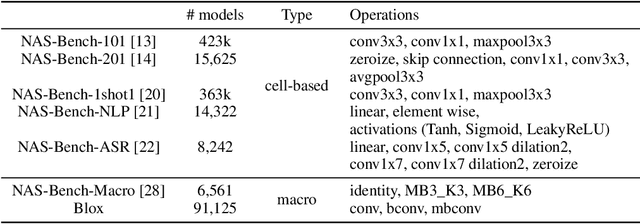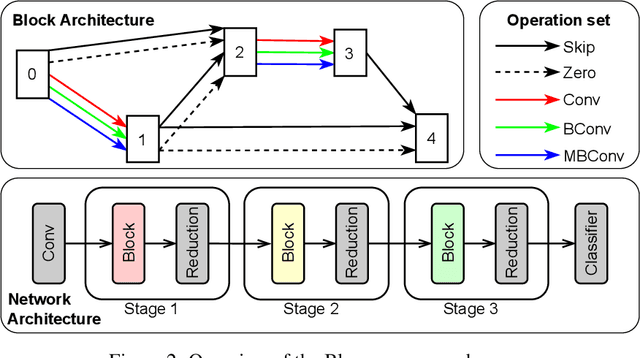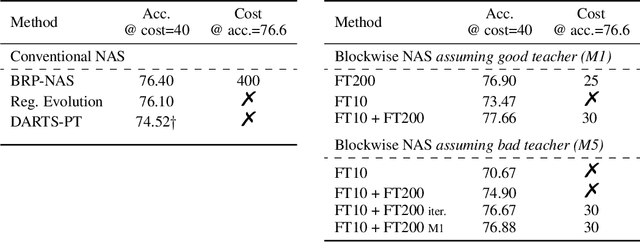Mohamed S Abdelfattah
ShadowLLM: Predictor-based Contextual Sparsity for Large Language Models
Jun 24, 2024



Abstract:The high power consumption and latency-sensitive deployments of large language models (LLMs) have motivated techniques like quantization and sparsity. Contextual sparsity, where the sparsity pattern is input-dependent, is crucial in LLMs because the permanent removal of attention heads or neurons from LLMs can significantly degrade accuracy. Prior work has attempted to model contextual sparsity using neural networks trained to predict activation magnitudes, which can be used to dynamically prune structures with low predicted activation magnitude. In this paper, we look beyond magnitude-based pruning criteria to assess attention head and neuron importance in LLMs. We developed a novel predictor called ShadowLLM, which can shadow the LLM behavior and enforce better sparsity patterns, resulting in over 15% improvement in end-to-end accuracy without increasing latency compared to previous methods. ShadowLLM achieves up to a 20\% speed-up over the state-of-the-art DejaVu framework. These enhancements are validated on models with up to 30 billion parameters. Our code is available at \href{https://github.com/abdelfattah-lab/shadow_llm/}{ShadowLLM}.
BLOX: Macro Neural Architecture Search Benchmark and Algorithms
Oct 13, 2022



Abstract:Neural architecture search (NAS) has been successfully used to design numerous high-performance neural networks. However, NAS is typically compute-intensive, so most existing approaches restrict the search to decide the operations and topological structure of a single block only, then the same block is stacked repeatedly to form an end-to-end model. Although such an approach reduces the size of search space, recent studies show that a macro search space, which allows blocks in a model to be different, can lead to better performance. To provide a systematic study of the performance of NAS algorithms on a macro search space, we release Blox - a benchmark that consists of 91k unique models trained on the CIFAR-100 dataset. The dataset also includes runtime measurements of all the models on a diverse set of hardware platforms. We perform extensive experiments to compare existing algorithms that are well studied on cell-based search spaces, with the emerging blockwise approaches that aim to make NAS scalable to much larger macro search spaces. The benchmark and code are available at https://github.com/SamsungLabs/blox.
 Add to Chrome
Add to Chrome Add to Firefox
Add to Firefox Add to Edge
Add to Edge